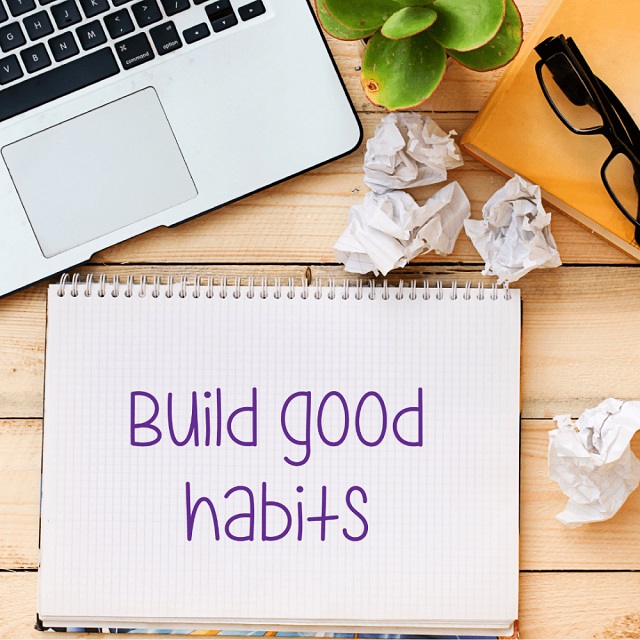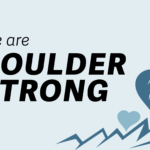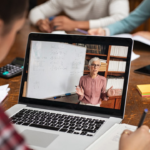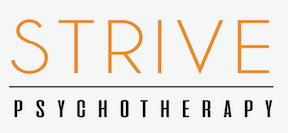Maintaining Healthy Habits Over Winter Break
In preparation for the upcoming winter break, the team at Collegiate Coaching Services would like to make recommendations to you about how to ensure that that the important insights, skills, strategies and positive changes your son or daughter have incorporated while engaged in coaching will be protected while on break, and will be easily assessable when they return to the school.
Based on Research in several domains and our practical experience at CCS, we know that the formation of new habits, including: specific study skills, organizational skills, self-regulation, an ability to manage time and prioritize effectively, takes an average of 66 days and at times, longer. Supporting the student to repeat and practice a behavior in the same environment (e.g. physical location and specific person) is largely what is responsible for forming new habits. Procedural memory (“knowing how”), is the memory of skills practiced over and over. Procedural memory is a subtype of implicit memory, which means that the behavior is automatic. This is a part of your long-term memory that is responsible for remembering how to do skills such as, typing, handwriting, riding a bicycle, or driving a car without consciously thinking about how you are doing it. Once the skills and strategies are practiced and utilized regularly for 60-90 days (on average), the student is more capable of retrieving and utilizing the skills and strategies without too much conscious thought (now a habit). However, breaks from repeating the behavior too soon after forming the habit may influence the student’s ability to sustain them long term, as well as not having good self-care.
During winter break, CCS recommends the following to promote healthy habit formation:
- Determine set times when EVERYONE in the home turns off their digital media devices and places them out of sight. You will be amazed by the conversations and good feelings related to face-to-face connections that arise.
- Turn off all digital devices one hour before bed, and better yet, leave all immersed devices out of the bedroom in order to support the release of Melatonin in the brain, which is critical for sleep. The blue light and stimulation from the screen will interfere in healthy sleep.
- Exercise or engaging in physical activity daily, enough to elevate your heart rate (minimum of 20 minutes a day), produces positive benefits, which include, increased dopamine release (neurotransmitter that motivates behavior), and lowered cortisol levels.
- Eat healthy, regular meals to support energy, focus and concentration.
- Practice 5-minutes of mindfulness daily. Sit comfortably, close your eyes, and breathe. Note any thoughts, feelings, sensations, and let them enter your mind and pass through it.
- Prolonged substance abuse can have detrimental effects on the brain, particularly on many different types of memory. While substance abuse is detrimental to procedural memory, the effects may not be permanent if one abstains from substances. Winter break is a very good time to devote attention to this issue and support your student to engage in an abstinence plan with the support of a therapist/psychiatrist.
- Socialize. Face to face social connection is #1 when it comes to combating depression and anxiety.
- Volunteer and offer service to others. A positive sense of self and accomplishment will significantly improve, especially if you have had a challenging semester.
- Read one real book (non-screen) to completion at a time. We find that creativity and comprehension improve when reading actual books.
- Be careful not to “binge” watch shows or YouTube. Enjoy one movie or one 60-minute or two 30-minute shows, no more than 2x per day. Watch with friends or family and make it a social affair! Although it may seem relaxing, too much screen time fatigues the brain.
o For those students who have struggled with digital media overuse during the semester, the winter break is a great time to limit or abstain from problematic applications, such as video games or social media in preparation for the spring semester.
We urge all parents to discuss mental health symptoms and issues; teens and young adults mental health symptoms are on the rise, as well as the approaching winter season. Recent research suggests that those who contracted COVID-19 are at a higher risk for mental health difficulties, even if they have never been diagnosed previously. Discuss with your children needs for mental health support, self-care and other ways to manage difficult emotions.











